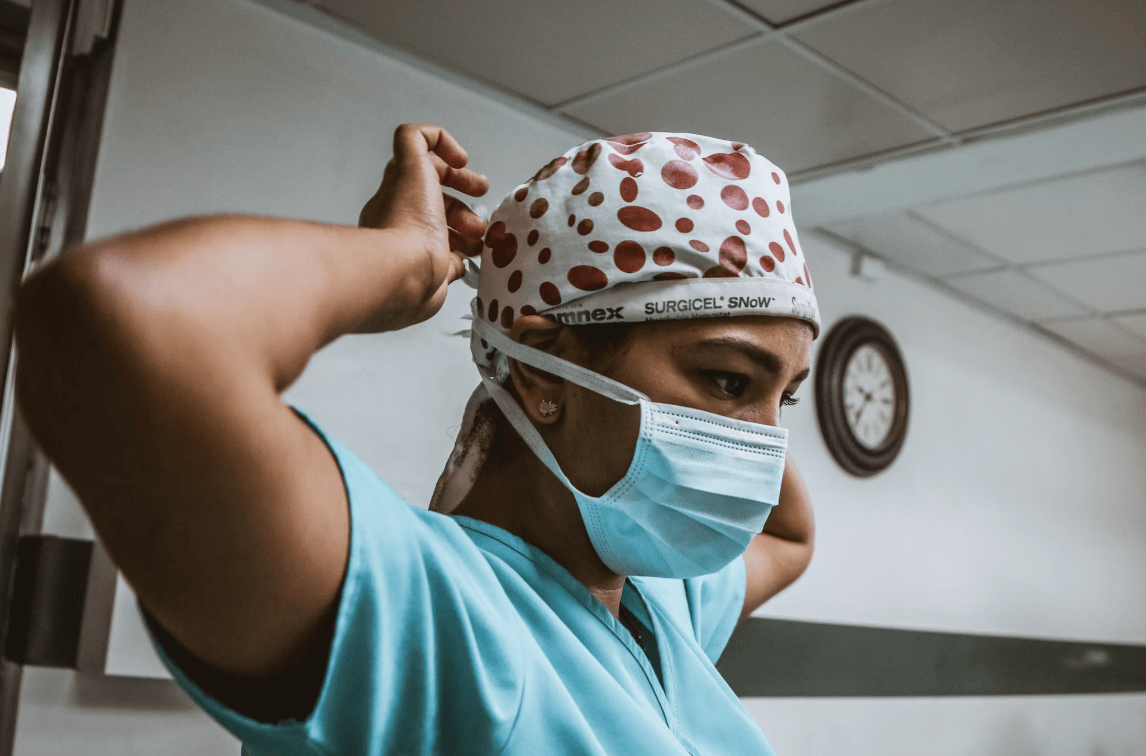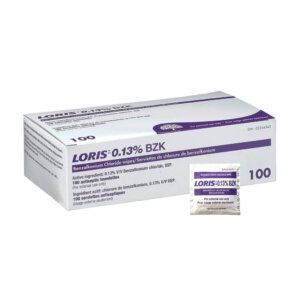
The role of a Resident Nurse is nothing short of pivotal in the healthcare sector. As front-line healthcare professionals, nurses ensure the well-being of patients through both critical and compassionate care. However, with the realm of healthcare constantly evolving, the kinds of skills required by nurses have expanded. It’s no longer just about clinical knowledge but also about a varied skill set that ensures both patient safety and quality care. This article delves into some of the essential skills that every resident nurse should have to excel in this demanding yet rewarding profession.
Clinical Knowledge and Competence
At the heart of nursing is a robust foundation in clinical knowledge. A resident nurse must have a thorough understanding of various medical conditions, treatments, and protocols. This knowledge isn’t static; it evolves with the advancements in medical science. Therefore, continuous learning is essential. Nurses must stay on top of the latest in medical research, emerging healthcare technologies, and changing health policies. This ongoing process of education not only enhances their competence but also ensures that they provide the most current and effective care to their patients.
Effective Communication Skills
The ability to communicate effectively is a cornerstone in nursing. The ability to convey sensitive information and doing so with empathy, clarity, and understanding is an art that has to be mastered. Nurses communicate with a diverse group of people daily, including patients, families, doctors, and other healthcare workers. Each interaction requires a tailored approach – from explaining treatment plans to patients to collaborating with other healthcare professionals. Strong verbal and non-verbal communication skills help in building trust, preventing misunderstandings, and ensuring an efficient workflow in the healthcare environment.
Adaptability and Flexibility
The only constant in healthcare is change. Nurses often face unpredictable situations – be it emergency health crises, fluctuating patient loads, or evolving healthcare technologies. Being adaptable and flexible is vital. One way nurses can enhance these skills is through further education, such as enrolling in online RN to BSN programs. A bachelor’s degree in nursing not only broadens their clinical knowledge but also prepares them to be more adaptable in various healthcare settings. A nurse who can quickly adjust to new situations, protocols, and technologies is an invaluable asset to any healthcare team.
Attention to Detail
In nursing, the smallest details can have significant implications. Whether it’s administering medication, monitoring patient vitals, or documenting patient information, precision is paramount. A minor error or oversight can lead to serious consequences. Therefore, a keen eye for detail is a must-have skill for any nurse. It’s about being vigilant and meticulous in every aspect of patient care. This skill can be nurtured over time, with mindfulness and constant practice, ensuring the highest standard of care is maintained.
Emotional Intelligence
The ability to manage and understand emotions, both your own and those of others, is what defines emotional intelligence. For nurses, this skill is key. They often deal with patients and families experiencing a range of emotions, from fear and anxiety to grief and despair. A nurse with high emotional intelligence can read these emotional cues and respond appropriately. This skill is not just about offering comfort; it’s about making informed decisions on patient care, managing personal stress, and contributing to a supportive and empathetic work environment.
Time Management
In the bustling environment of healthcare, managing time effectively is a skill that cannot be overstated for a resident nurse. The ability to juggle multiple tasks while maintaining high-quality care is a useful tool in this field. This involves prioritizing tasks, understanding the urgency of different situations, and efficiently delegating responsibilities when appropriate. Effective time management leads to reduced stress for the nurse and better care for the patient. It’s about finding that balance between being thorough in patient care and being efficient with time – a skill that often improves with experience and conscious practice.
Teamwork and Collaboration
Nursing is far from a solo undertaking – it requires seamless teamwork and collaboration. Resident nurses work closely with doctors, specialists, other nurses, and healthcare support staff. Effective collaboration involves clear communication, mutual respect, and a shared commitment to patient care. A nurse who excels in teamwork can integrate their expertise with the skills of other team members, leading to more comprehensive care for patients. This collaborative spirit extends beyond immediate healthcare teams to include interactions with administrative staff and other departments, all contributing to the holistic care of the patient.
Technological Proficiency
In today’s digitized world, healthcare is no exception to the influence of technology. From electronic health records to sophisticated medical equipment, technological proficiency is becoming increasingly crucial for nurses. Understanding how to navigate digital health systems, utilize health informatics, and operate medical equipment are now integral parts of nursing. These skills ensure not only efficient and accurate patient care but also the safety and security of patient data. Nurses who embrace these technologies can enhance their care delivery and stay at the forefront of modern healthcare practices.
Leadership and Mentoring Abilities
Leadership in nursing goes beyond formal positions of authority. It’s about influencing positive change, advocating for patient care, and mentoring upcoming nurses. Resident nurses often find themselves in roles where they guide and support less experienced colleagues. Possessing leadership qualities such as decisiveness, integrity, and the ability to motivate others can significantly impact the work environment and patient outcomes. Additionally, mentoring abilities enable experienced nurses to pass on valuable knowledge and skills, fostering a culture of continuous learning and improvement within the nursing profession.
Stress Management and Resilience
Nursing is an emotionally and physically demanding profession. Dealing with life-and-death situations, high-pressure environments, and emotional encounters can take a toll. Thus, mastering stress management and developing resilience is important. This includes self-care strategies, seeking support when needed, and maintaining a work-life balance. Resilient nurses are able to recover from challenging situations more effectively, maintain their mental well-being, and continue providing high-quality care.
In conclusion, mastering these essential skills sets the foundation for a successful and fulfilling career in nursing. The field of healthcare continues to evolve, and with it, so does the role of a nurse. Continuing professional development is key to staying relevant and effective in this profession. This means actively seeking opportunities for growth, whether through further education, attending workshops and seminars, or engaging in professional nursing organizations. Each step of learning and development not only enhances a nurse’s capabilities but also contributes to the broader goal of advancing healthcare.






